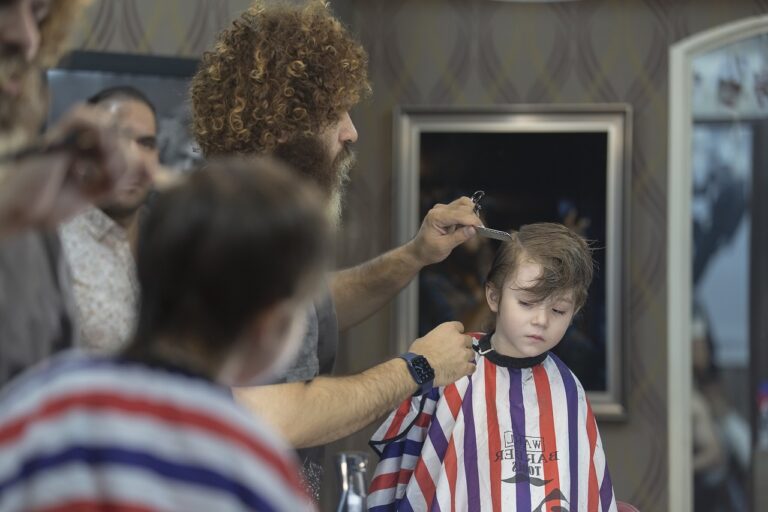Fashion and Human Rights: Ethical Labor Practices in Garment Manufacturing
Fast fashion, characterized by its quick production cycles and constant trend turnover, has significantly impacted workers’ rights in the garment industry. With the pressure to produce clothing at a rapid pace and low cost, garment workers often face exploitative working conditions, including long hours, low wages, and lack of job security. Many workers in fast fashion factories are subjected to unsafe working environments, with reports of accidents and injuries being alarmingly common.
Furthermore, fast fashion’s demand for quick turnarounds has led to a culture of non-compliance with labor laws and regulations in many countries. This lack of oversight and enforcement allows for the exploitation of workers, often with little recourse for those facing unfair treatment. The lack of transparency in fast fashion supply chains also makes it challenging to hold brands accountable for labor violations, perpetuating the cycle of abuse and injustice for garment workers worldwide.
The Role of Global Supply Chains in Exploitative Labor Practices
Global supply chains play a significant role in perpetuating exploitative labor practices within the garment industry. Companies often outsource production to countries with lax labor laws and low wages in order to cut costs and maximize profits. This outsourcing enables the exploitation of workers who are subjected to long hours, low pay, poor working conditions, and even forced labor.
Furthermore, the complex nature of global supply chains makes it difficult for companies to effectively monitor and regulate labor practices within their subcontractors and suppliers. This lack of transparency and accountability allows for the continuation of human rights abuses, such as child labor and unsafe working environments. As a result, many workers in the garment industry are trapped in a cycle of exploitation with little recourse for protection or recourse.
Child Labor in the Garment Industry
Child labor in the garment industry remains a prevalent issue despite global efforts to eradicate it. Children as young as five are often employed in hazardous working conditions, subjected to long hours and low wages in order to meet production demands. The lack of effective regulations and monitoring mechanisms in many countries allows this exploitation to persist unchecked, perpetuating a cycle of poverty and abuse.
These children are deprived of their right to education and a normal childhood, forced into a harsh reality where their labor is exploited for the sake of cheap clothing production. As consumers, we must be conscious of the ethical implications of our purchasing choices and advocate for greater transparency and accountability within the supply chains of the fashion industry. The onus is on governments, corporations, and consumers alike to work towards ending child labor in the garment industry and ensuring that all workers are treated with dignity and respect.
What is child labor?
Child labor refers to the employment of children in any work that deprives them of their childhood, interferes with their ability to attend school, and is harmful to their physical and mental development.
How prevalent is child labor in the garment industry?
Child labor is unfortunately still prevalent in the garment industry, particularly in developing countries where labor laws may not be strictly enforced.
What are the consequences of child labor in the garment industry?
Child labor can have severe consequences on the physical and mental well-being of children, depriving them of education and proper development. It also perpetuates a cycle of poverty and exploitation.
What is the role of fast fashion in perpetuating child labor?
Fast fashion brands often prioritize low costs and quick production turnaround times, leading to exploitative labor practices in their supply chains, including the use of child labor.
How can consumers help combat child labor in the garment industry?
Consumers can make a difference by supporting ethical and sustainable brands, advocating for transparency in supply chains, and demanding fair labor practices from companies they buy from.







